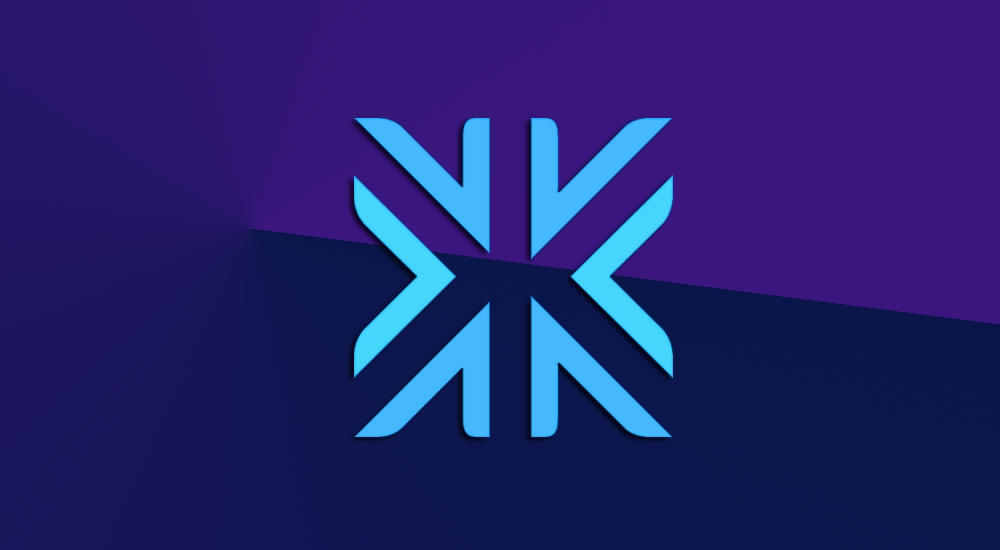Crypto Wallet Exodus Sees Significant Revenue Growth
15.08.2024 11:30 1 min. read Alexander Stefanov
Exodus, the cryptocurrency wallet service, saw a notable surge in revenue for Q2 2024, reporting an 80% increase year-over-year to $22.3 million.
However, the company also experienced a significant financial setback with a net loss of $9.6 million, reversing the $1.9 million profit from the same period last year.
Adjusted EBITDA rose 43% to $5.8 million, up from $4.1 million in Q2 2023. The bulk of Exodus’ revenue, 89%, came from its exchange aggregation service, which saw nearly 94% growth, reaching $19.9 million. This service enables users to trade cryptocurrencies directly within the wallet using APIs to secure competitive rates.
Other revenue sources, such as fiat transactions, staking, and consulting, contributed a smaller share of total earnings.
Exodus also reported operational growth, with its user base expanding to 1.5 million and transaction volumes through its platform increasing by 78% to $1.05 billion. Key traded assets included Bitcoin, Tether, and Ethereum.
CFO James Gernetzke highlighted the impressive revenue and operational improvements, emphasizing confidence in their B2B strategy and market momentum.
Exodus, a self-custodial wallet launched in 2016, continues to be a leading player in the crypto wallet space, ranking seventh in downloads with 133,000 monthly installs as of July 2024.
-
1
USA Imposes Tariffs on Multiple Countries: How the Crypto Market Could React
08.07.2025 8:30 2 min. read -
2
UAE Regulators Dismiss Toncoin Residency Rumors
07.07.2025 11:12 2 min. read -
3
Ripple Selects BNY Mellon as Custodian for RLUSD Stablecoin Reserves
09.07.2025 15:28 2 min. read -
4
Majority of U.S. Crypto Investors Back Trump’s Crypto Policy, Survey Finds
05.07.2025 18:09 2 min. read -
5
Peter Schiff Warns of Dollar Collapse, Questions Bitcoin Scarcity Model
12.07.2025 20:00 1 min. read
Why Most Americans Still Avoid Crypto Despite Growing Adoption
Cryptocurrency ownership in the U.S. has grown steadily over the past few years, but it remains far from widespread.
Two Upcoming Decisions Could Shake Crypto Markets This Week
The final days of July could bring critical developments that reshape investor sentiment and influence the next leg of the crypto market’s trend.
Winklevoss Slams JPMorgan for Blocking Gemini’s Banking Access
Tyler Winklevoss, co-founder of crypto exchange Gemini, has accused JPMorgan of retaliating against the platform by freezing its effort to restore banking services.
Robert Kiyosaki Warns: ETFs Aren’t The Real Thing
Renowned author and financial educator Robert Kiyosaki has issued a word of caution to everyday investors relying too heavily on exchange-traded funds (ETFs).
-
1
USA Imposes Tariffs on Multiple Countries: How the Crypto Market Could React
08.07.2025 8:30 2 min. read -
2
UAE Regulators Dismiss Toncoin Residency Rumors
07.07.2025 11:12 2 min. read -
3
Ripple Selects BNY Mellon as Custodian for RLUSD Stablecoin Reserves
09.07.2025 15:28 2 min. read -
4
Majority of U.S. Crypto Investors Back Trump’s Crypto Policy, Survey Finds
05.07.2025 18:09 2 min. read -
5
Peter Schiff Warns of Dollar Collapse, Questions Bitcoin Scarcity Model
12.07.2025 20:00 1 min. read


